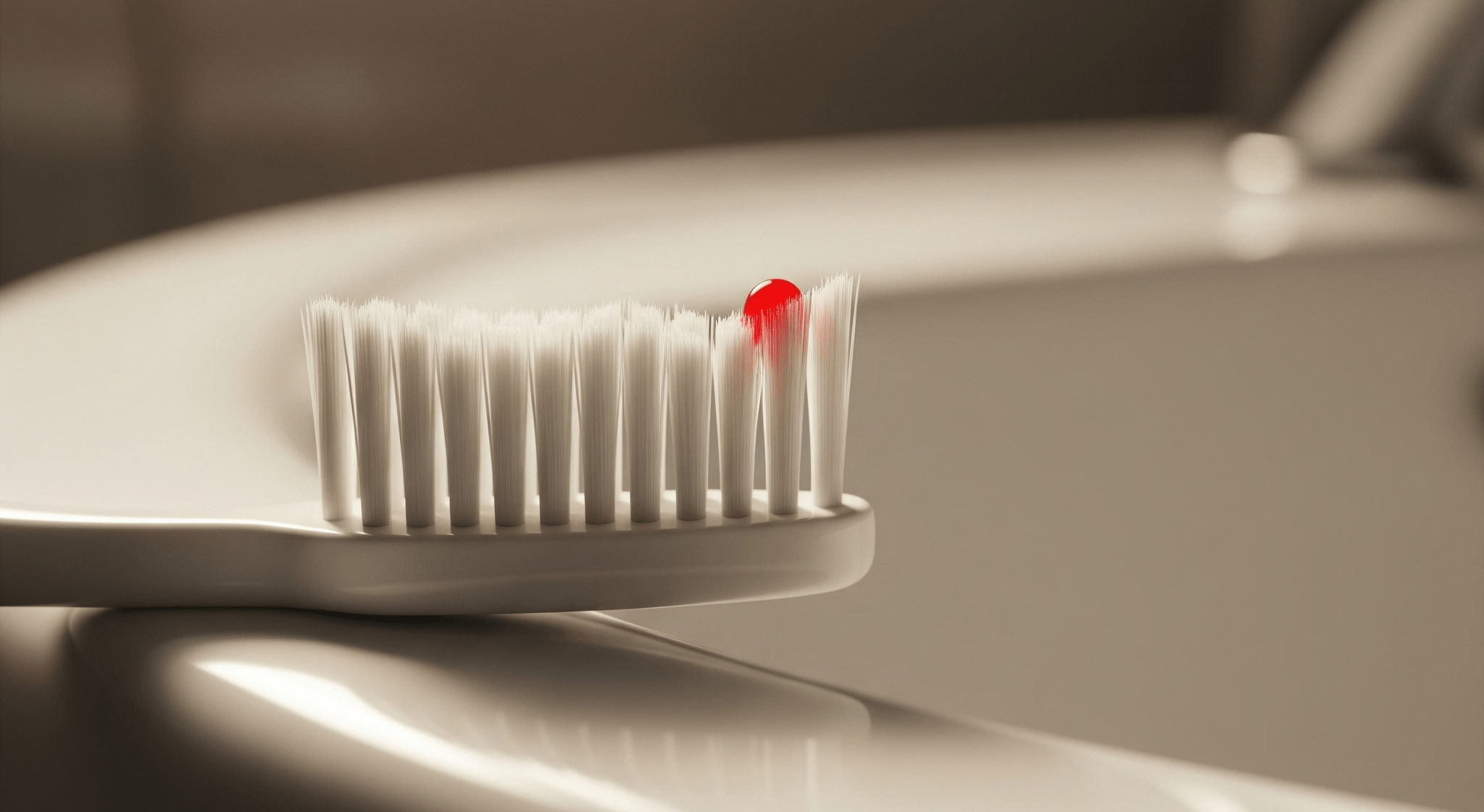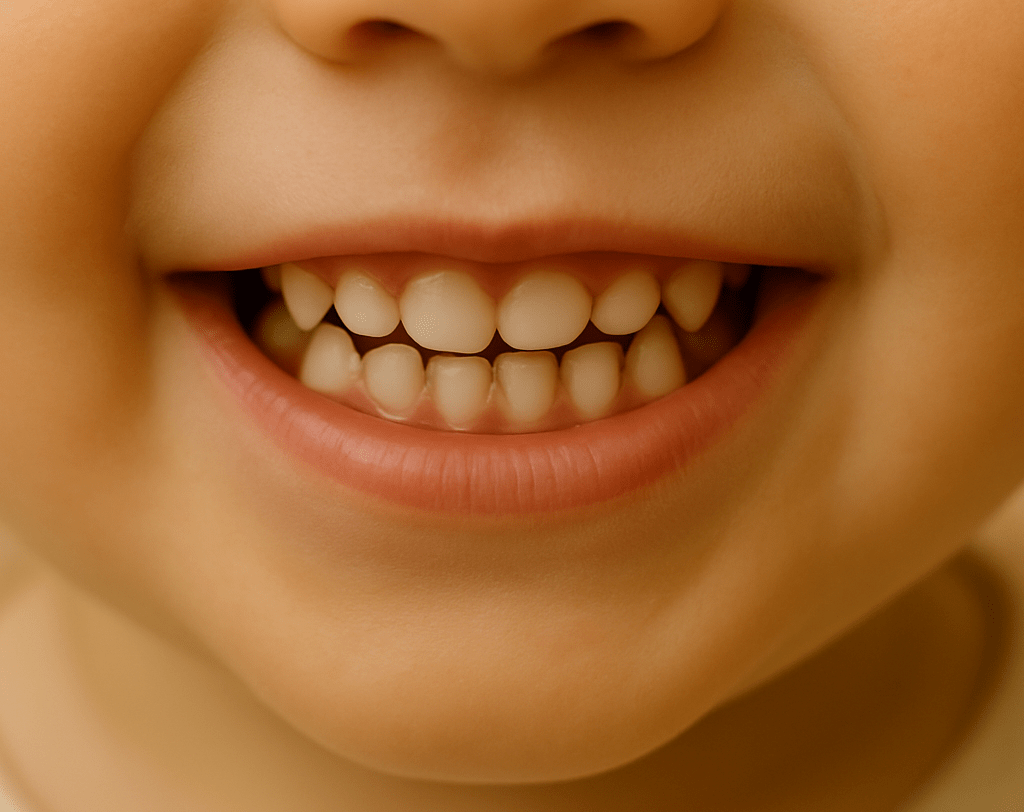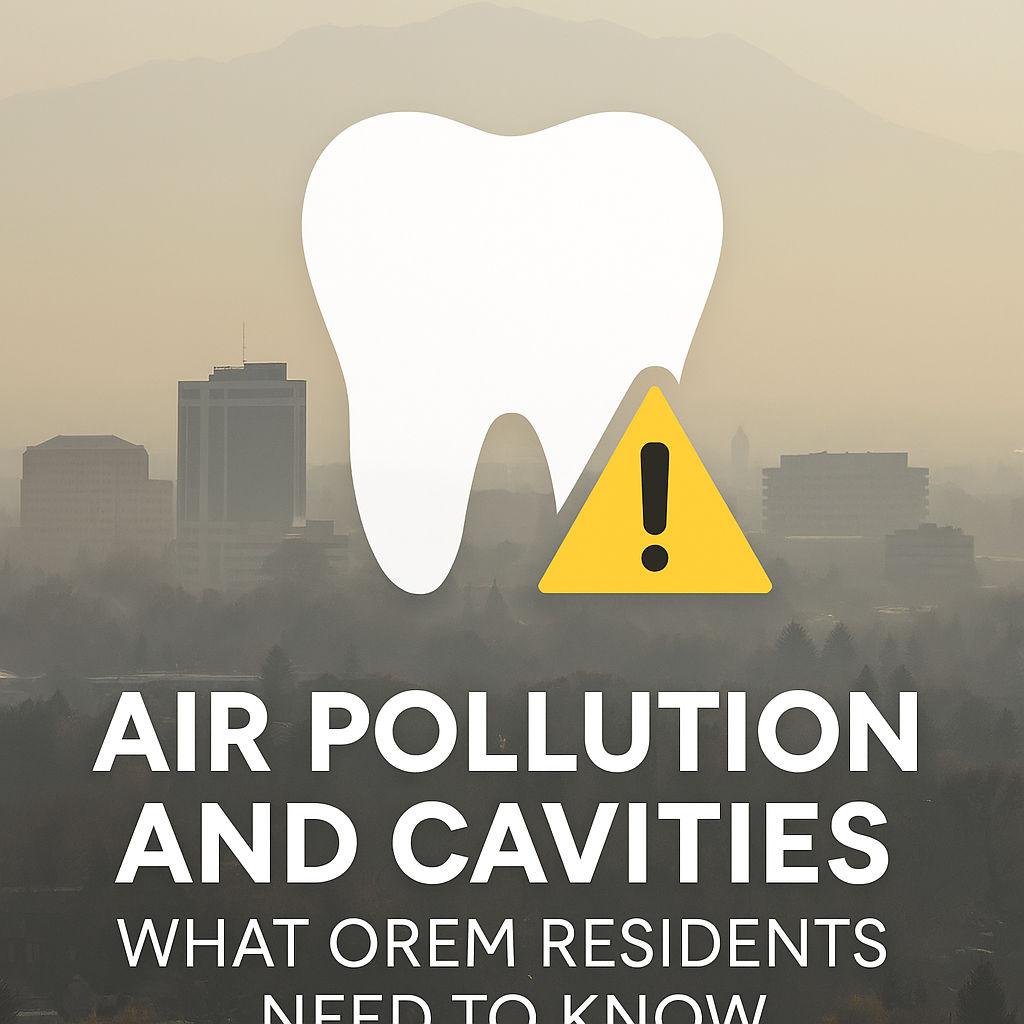Blog Highlights
- Mouth sores are ugly, painful, and inconvenient
- Mouth sores can be caused by a number of things
- Canker sores and cold sores are the most common types of mouth sores
Mouth sores are ugly, painful, and inconvenient. In general, mouth sores can be caused by a number of things, including bacterial, viral, or fungal infections, a sharp edge cutting into or rubbing the soft tissues in your mouth, or even ill-fitting dental hardware, such as braces or dentures. Canker sores and cold sores are the most common types of mouth sores.
Canker sores develop inside the mouth. They have a white or grayish appearance with a bright red outline. They are most likely caused by bacteria or viruses or a weakened immune system. Stress, allergies, and exhaustion are thought to increase a person’s chances of developing a canker sore. Additionally, if you get cut or have intestinal problems like Crohn’s disease, your chances of getting a canker sore are higher.
Fortunately, canker sores don’t last long. Within one or two weeks, they often heal on their own. If you experience extreme discomfort, you can purchase over-the-counter topical anesthetics or mouth rinse. Avoid spicy or acidic foods as they may irritate the sore further.
Cold sores often form around the lips and sometimes near the nose or on the chin. These sores are sometimes referred to as fever blisters or herpes simplex. The sores, small liquid-filled blisters, erupt over the skin causing pain. The herpes virus type 1 is the leading cause of cold sores. Unfortunately, this virus is very contagious. Typically a person contracts the virus in his youth; however the virus stays in the body and will result in flare ups and break outs of cold sores throughout his life.
The virus can be exacerbated by fevers, sunburn, and emotional strain, resulting in the development of cold sores. Luckily the cold sores, like canker sores, clear up within a week. However, if you experience too much pain or discomfort, you can use topical anesthetics to help relieve the pain. You may also inquire about prescription antiviral medicine to help treat the sores.





